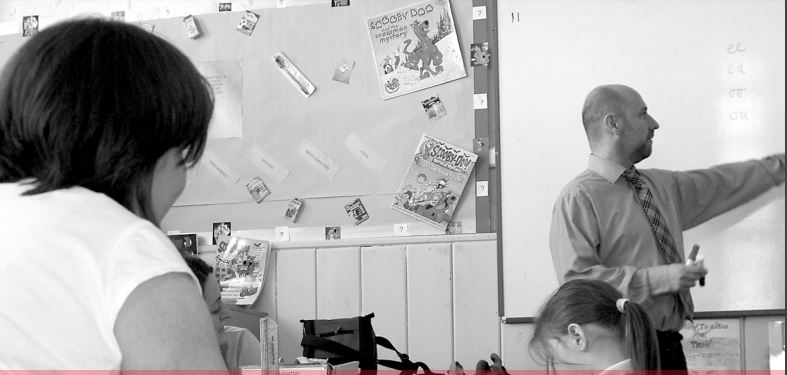
Why should teachers and other staff engage in research, what difference does it make and how best can they be equipped to become enquirers into their own practice? These are some of the intriguing questions that are posed in this issue of Professional Development Today. The issue is dedicated to the theme of practitioner research as a fundamental and vibrant part of professional development.
A new image
Research tends to have an image problem amongst many practitioners. “The term ‘research’ can have unfortunate connotations - of white coated boffins in laboratories, of ivory tower academics, dusty tomes, unread, impenetrable articles in esoteric journals” (Handscomb and MacBeath, 2003). At best many see it as a laudable extra that you do if you have time after the core business of teaching, school improvement and raising standards. At worse it can be perceived as a distracting indulgence in a climate in which teachers are working harder and longer and where this is little time and motivation left for carrying out research.
Well the good news, as the articles in this issue demonstrate, is that this is not the experience of a growing number of practitioners, who have found research activity to be an essential feature, at the very heart of their work. There is now a body of evidence indicating that an enquiring outlook is a core ingredient of reflective practice and professional development and that it can make a clear contribution to improving the quality of teaching and learning and to raising standards. “School-based enquiry and research are now being seen to make an important contribution to self- evaluation, improvement, and the professional learning of staff” (Handscomb and MacBeath, 2004).
Teachers doing it for themselves!